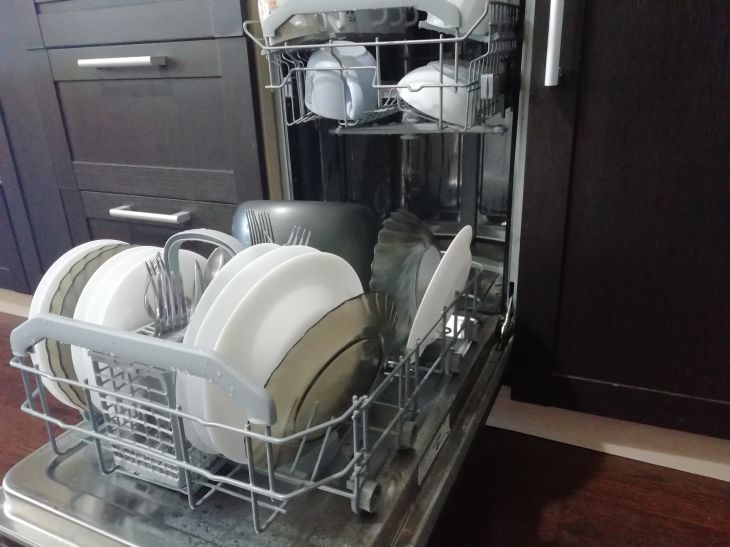Why You Shouldn't Leave Dishes Dirty for a Long Time: A Serious Reason to Think About It
Busy people sometimes leave their dirty dishes unwashed for quite a long time.
While this may not seem like a big deal, it can actually have some nasty consequences, ADVICE.NEWS reports.
Leaving dirty dishes for long periods of time can lead to a number of negative consequences and should be avoided for the following reasons.
Pests and bacteria
Dirty dishes help create an ideal breeding ground for pests, including flies, ants, rodents, and others.
Food particles left on dishes attract these creatures, and they can quickly populate your kitchen or entire apartment.

Additionally, the accumulation of food debris can lead to the growth of harmful bacteria that pose a risk to your health and the well-being of your family.
Unpleasant odors
Rotting food and food scraps left on dirty dishes can cause unpleasant odors that can spread throughout the kitchen and home.
These odors are unpleasant and can create an uninviting atmosphere.
Stains and difficult to clean
Leaving food residue on dishes for long periods of time can cause stubborn stains and make them difficult to clean later.
Dried food can be difficult to remove and requires more time and effort.
Mold growth
When dishes with food residue are left unattended, mold can begin to grow on the food residue.
Not only is mold unsightly, it can also release spores that can be harmful to your health.
Affects mental well-being
A cluttered and dirty kitchen can contribute to feelings of stress and anxiety.
A clean and organized space is more likely to promote a sense of calm and well-being.
Waste of water
Leaving dishes with dried-on food means you'll need more water and energy to wash and clean them later, which is a waste of resources.
